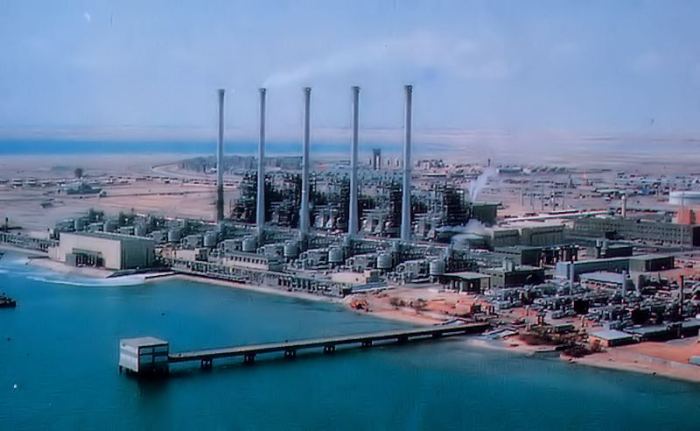In a bold initiative directed at relieving ongoing water shortages, discussions have begun around establishing the Mandela Bay region’s first large-scale, commercial desalination plant.
Also read:South Africa’s Western Cape mulls desalination to tackle water shortage
Although expensive to operate due to high energy requirements, a desalination plant would play a critical role in preparing sea water for human consumption through the removal of the salt and other mineral contents from sea water.
This would provide a new source of water for the Nelson Mandela Bay region where water stocks are presently at dire levels.
The opportunity to establish the desalination plant in drought-stricken Port Elizabeth has come about through the national government’s “Adopt-a-Municipality” program, which will involve three major stakeholders in the Bay region – the local authority, beer producer SABMiller and Marina Sea Salt, which desalinates sea water to produce its products.
According to Nelson Mandela Bay Municipality mayoral committee member for infrastructure and engineering Annette Lovemore, a meeting involving the three role players had already taken place. She further said, in support of the venture, a win-win outcome for all stakeholders.
The Adopt-a-Municipality program is driven by the national Department of Cooperative Governance and SABMiller’s agreement, through which the company is about to be renewed.
The desalination concept is also part of the new agreement.
Lovemore said SABMiller used large quantities of high quality water to produce its beers, that it was looking for cleaner sources of water and Marina Sea Salt produced water, which was desalinated to a certain degree, as a by-product of its salt production.
The Nooitgedacht water scheme, still to come online, will give the metro about 50-megalitres of water a day. Since the salt production operation produces about 30-megalitres of water a day, the idea would be to put more water through the salt operations.
Lovemore explained that this water, which has already been purified to a certain extent, would then be further filtered through a desalination plant towards making it fit for human consumption.
Stressing that the project was still at preliminary discussion stage, Lovemore said the Coega Development Corporation (CDC) was also looking into desalination as it was a water requirement for gas-related initiatives within the Coega Industrial Development Zone.
The entire project, inclusive of harvesting desalinated water is projected to cost $109.5m.
